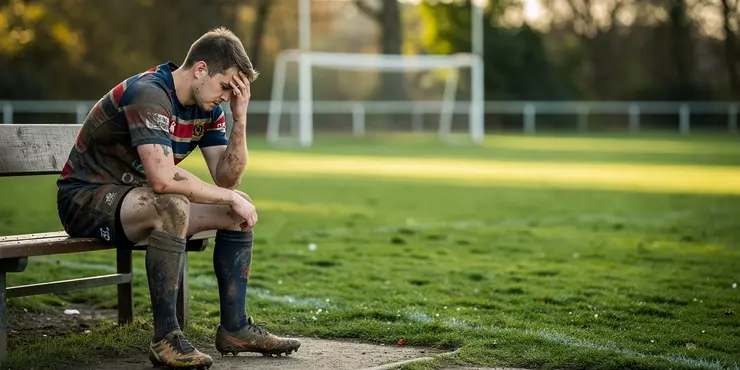
Find Help
More Items From Ergsy search
-
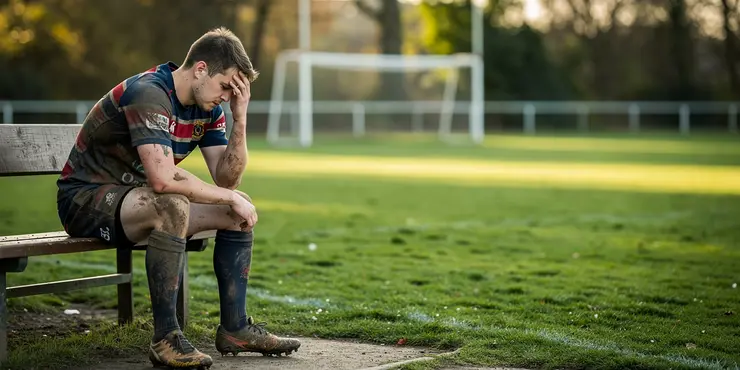
Can playing sports increase the risk of a concussion?
Relevance: 100%
-
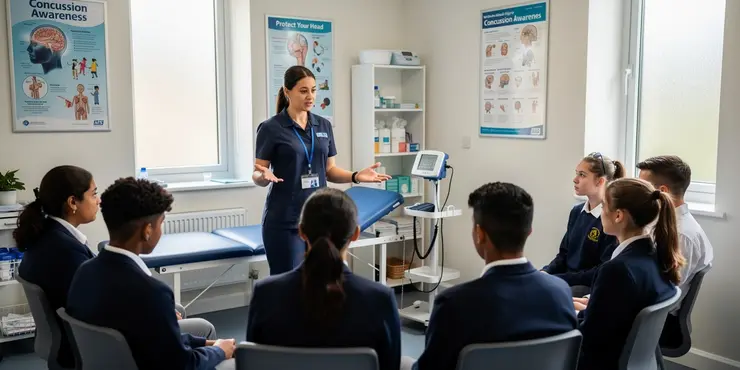
What role do schools play in managing concussions?
Relevance: 65%
-
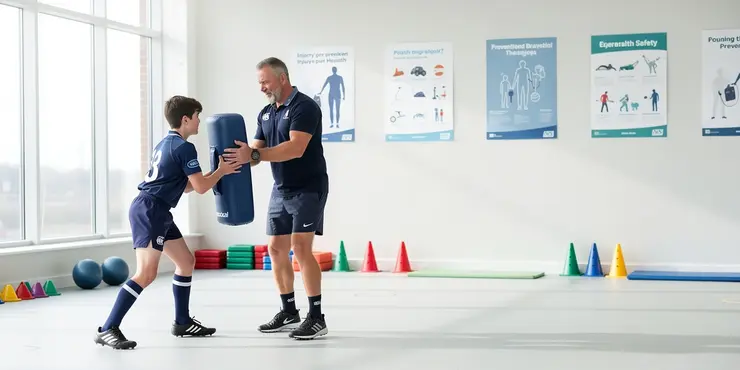
How can concussions be prevented?
Relevance: 62%
-
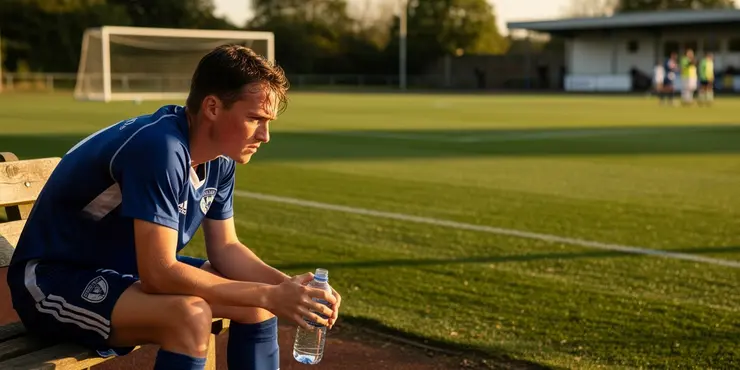
Can players return to play on the same day after a suspected concussion?
Relevance: 61%
-
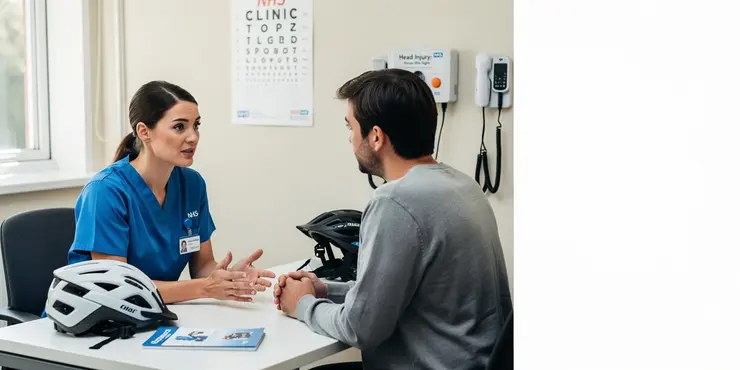
Is there any way to prevent concussions?
Relevance: 60%
-
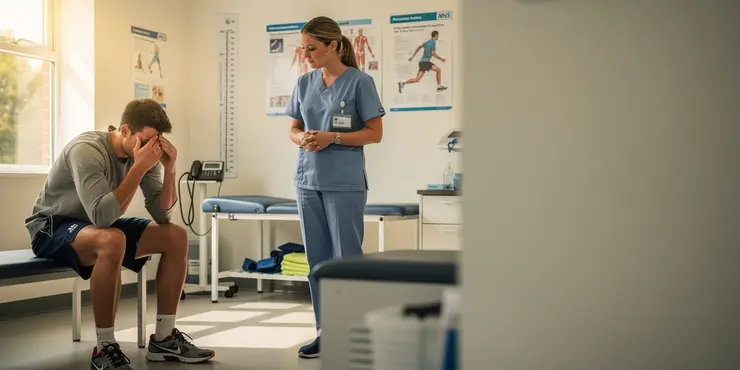
What is Concussion?
Relevance: 59%
-
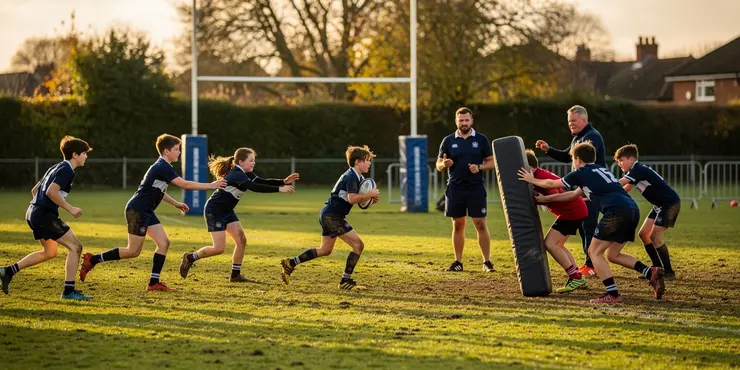
What age groups are most at risk for concussions in rugby?
Relevance: 57%
-
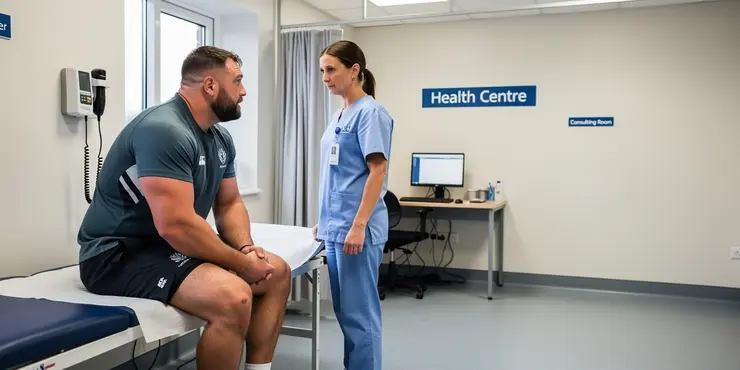
Are Concussions common in Rugby?
Relevance: 57%
-
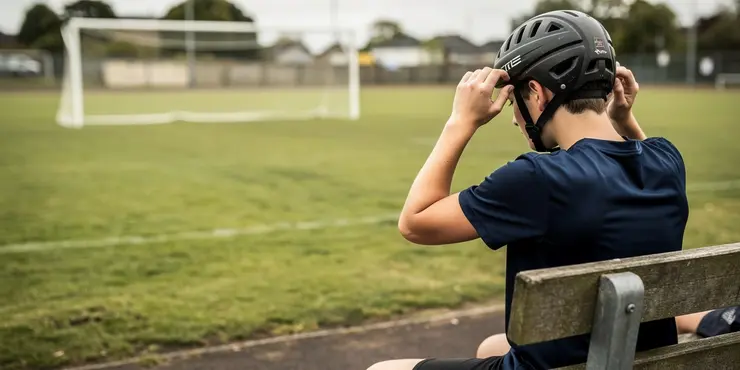
How can concussions be prevented?
Relevance: 57%
-
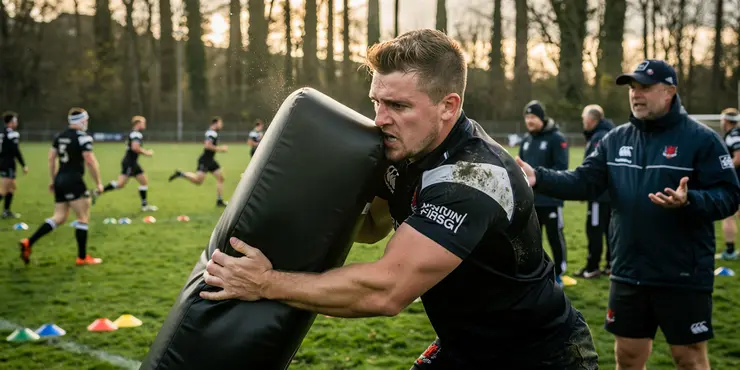
What causes concussions in rugby?
Relevance: 56%
-
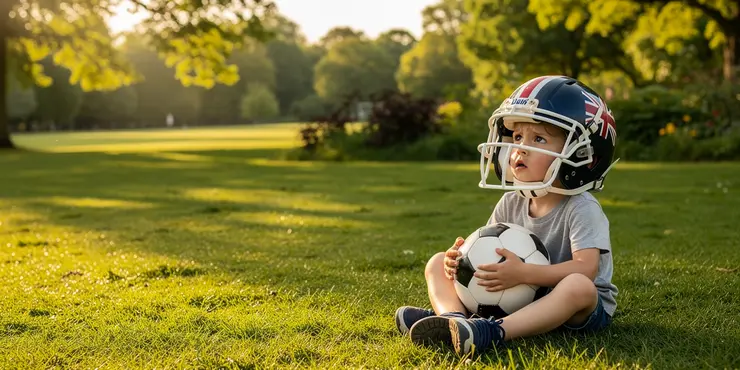
Are children more susceptible to concussions than adults?
Relevance: 55%
-
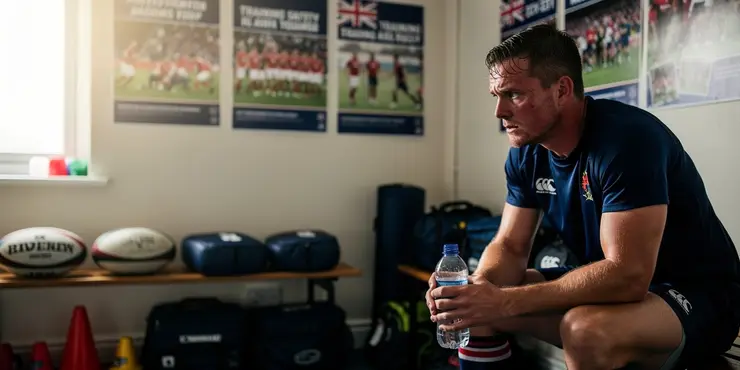
Is there a protocol for managing concussions in rugby?
Relevance: 55%
-
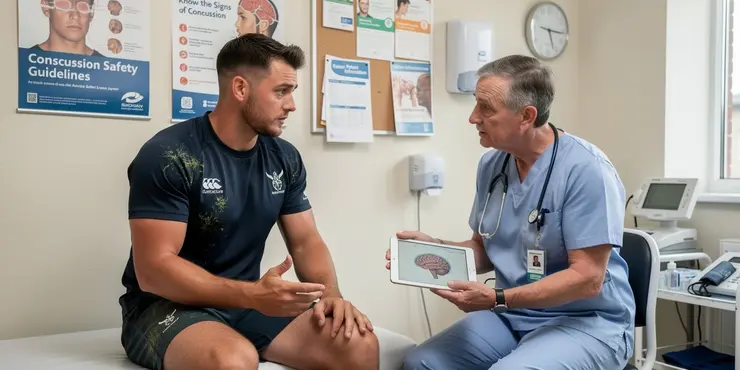
Are helmets required in rugby to prevent concussions?
Relevance: 53%
-
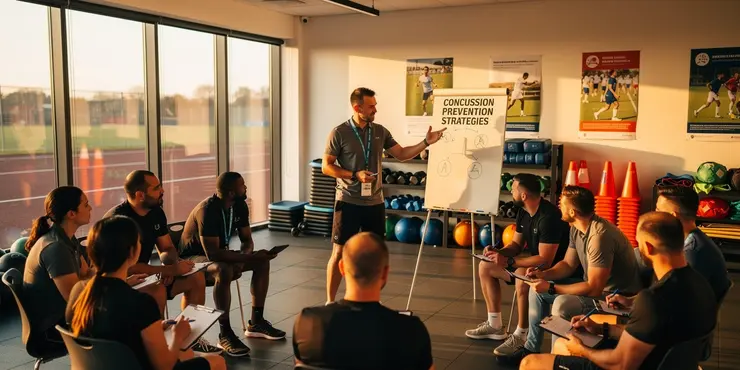
Is training available for coaches to help prevent concussions?
Relevance: 52%
-
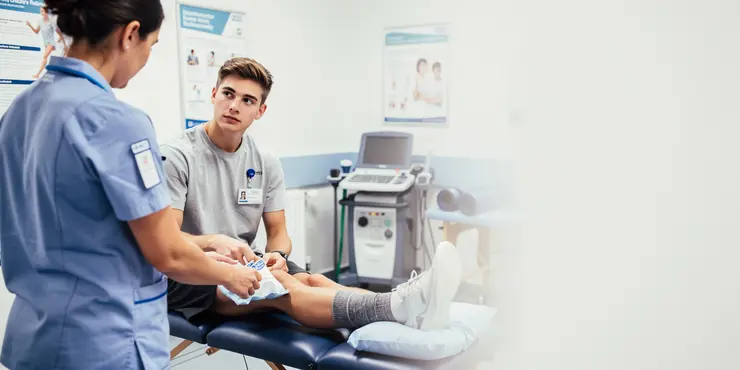
Advice on sports injuries
Relevance: 51%
-
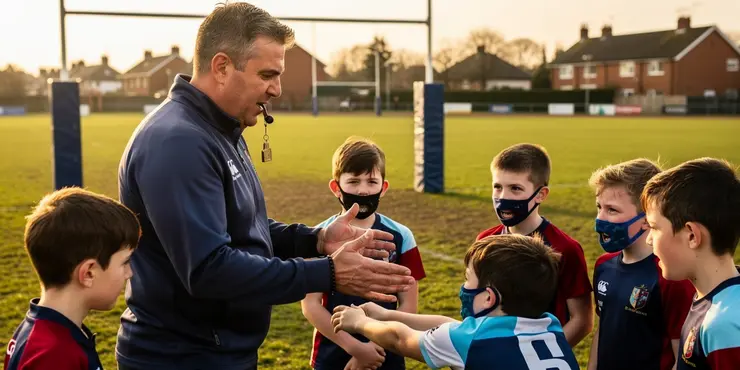
How can concussions be prevented in rugby?
Relevance: 51%
-
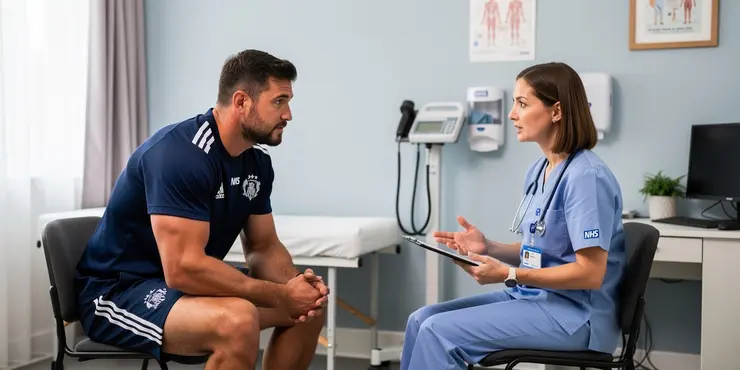
How do concussions impact long-term health in rugby players?
Relevance: 50%
-
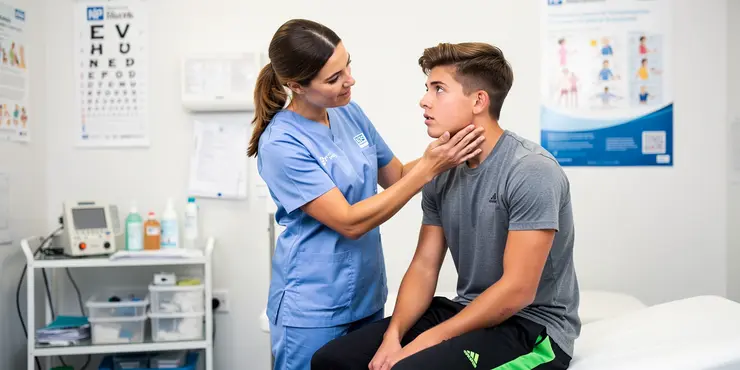
Can concussions occur without a direct blow to the head?
Relevance: 48%
-
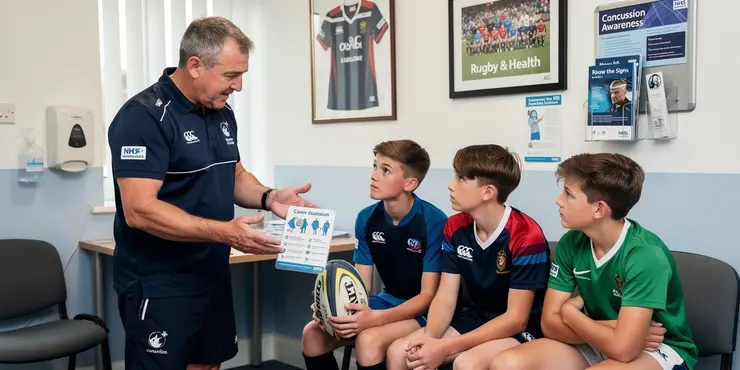
Is there a difference in concussion rates between amateur and professional rugby?
Relevance: 48%
-
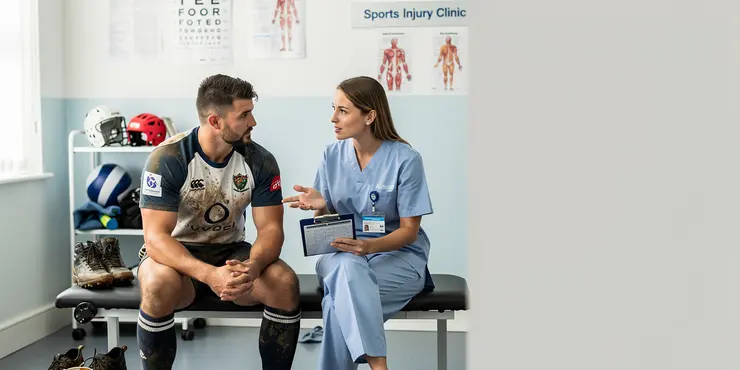
What support is available for rugby players who suffer concussions?
Relevance: 47%
-
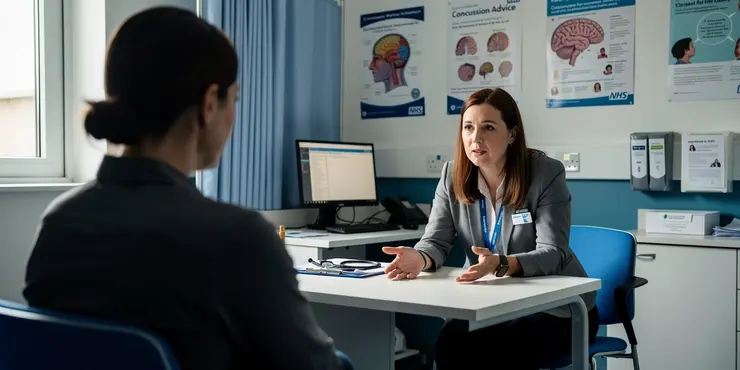
How is a concussion diagnosed?
Relevance: 47%
-
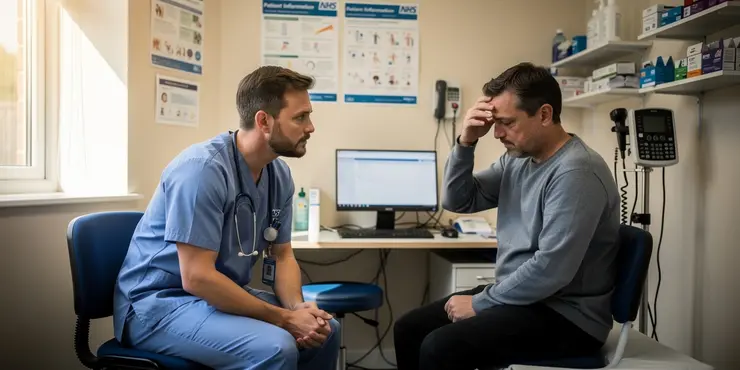
How is a concussion diagnosed?
Relevance: 46%
-

Can concussions lead to mental health issues?
Relevance: 46%
-
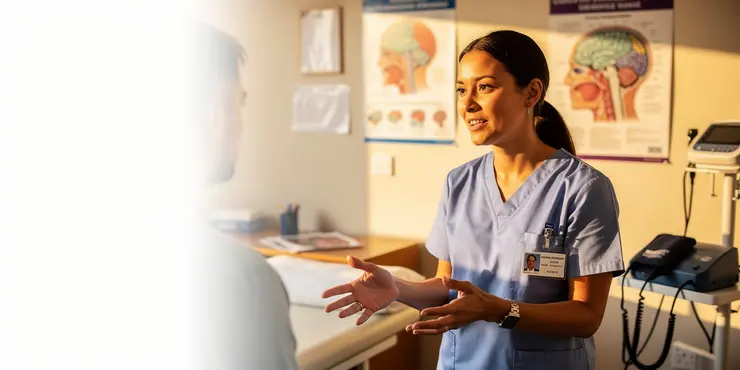
When is it safe to return to normal activities after a concussion?
Relevance: 46%
-

Is headache a symptom of a concussion?
Relevance: 45%
-
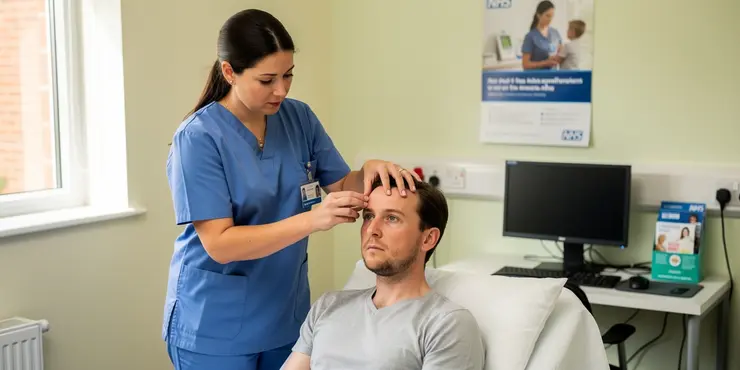
What immediate steps should be taken if someone has a concussion?
Relevance: 43%
-
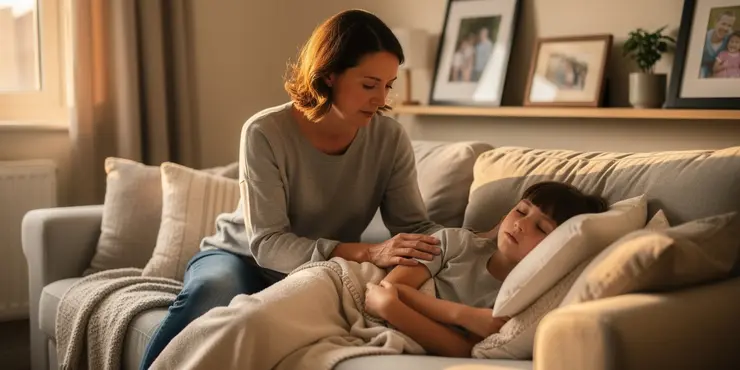
Is it safe to sleep after a concussion?
Relevance: 43%
-
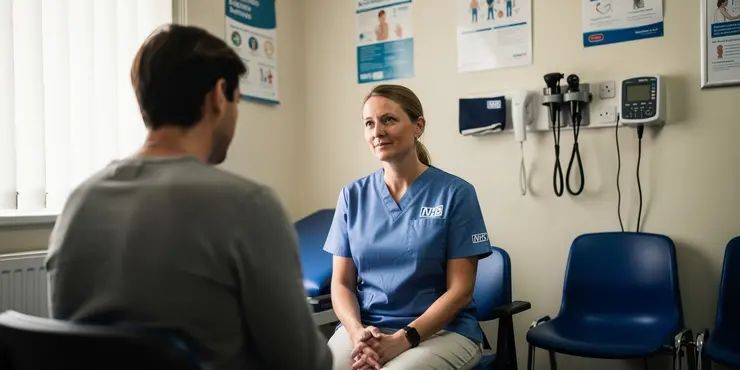
What are common symptoms of a concussion?
Relevance: 40%
-
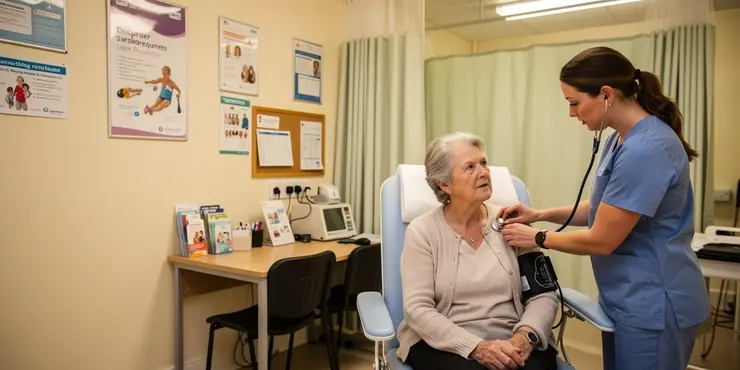
Is it safe to sleep after a concussion?
Relevance: 39%
-

Can a concussion cause memory problems?
Relevance: 38%
-
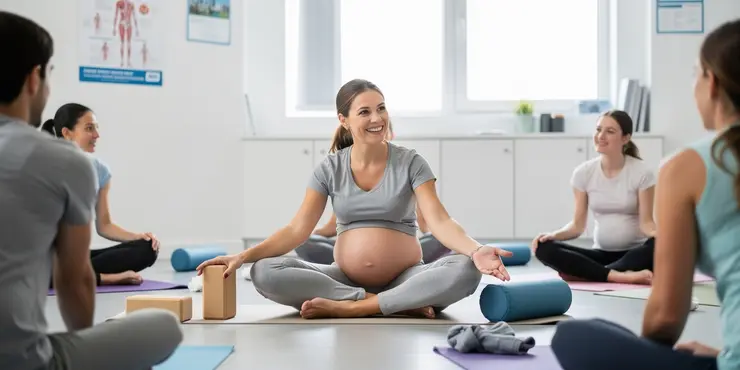
Is it safe to participate in group sports while pregnant?
Relevance: 38%
-
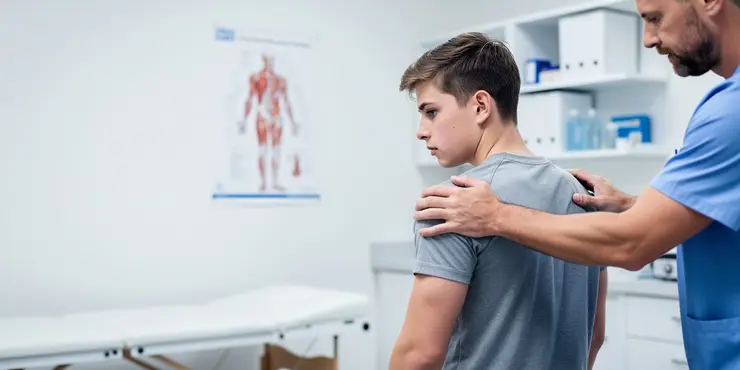
Can chiropractors help with sports injuries?
Relevance: 37%
-
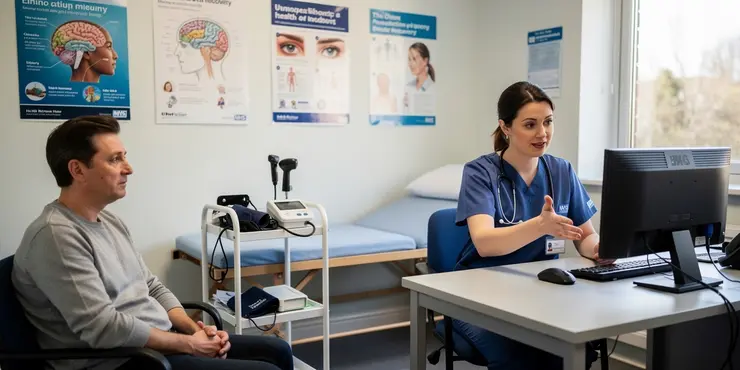
Should people with a concussion avoid screens and technology?
Relevance: 37%
-

Do I need additional cover for adventure sports or activities?
Relevance: 35%
-
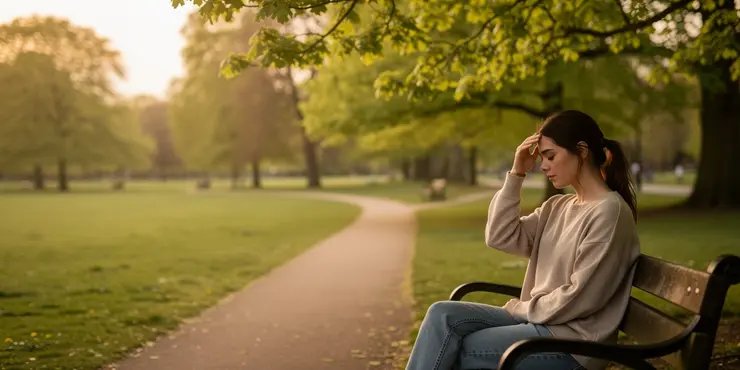
When is it safe to return to normal activities after a concussion?
Relevance: 34%
-
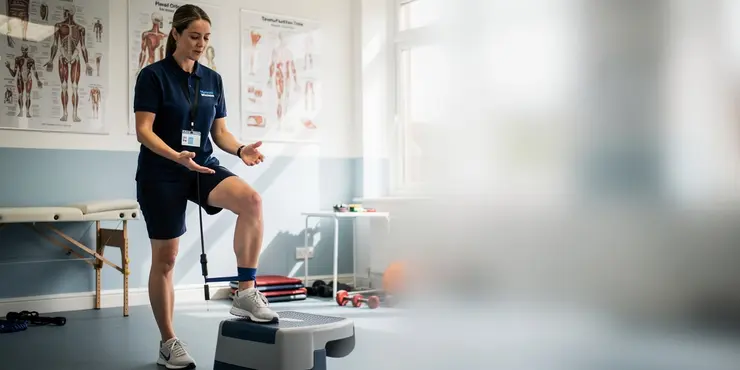
Ask a physio: 3 common sports injuries and what happens next
Relevance: 31%
-
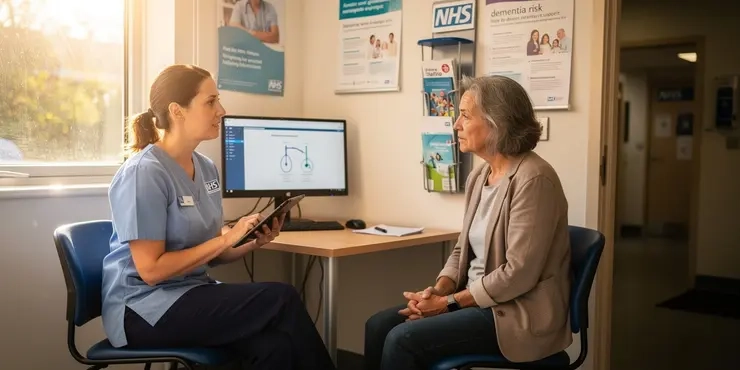
Do genetics play a role in dementia risk post-menopause?
Relevance: 30%
-
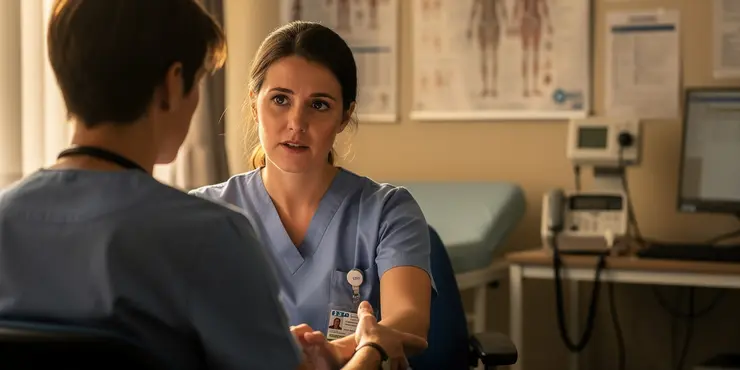
Can I work or continue sports activities if I have Carpal Tunnel Syndrome?
Relevance: 30%
-
Who is at risk for developing an eating disorder?
Relevance: 25%
-
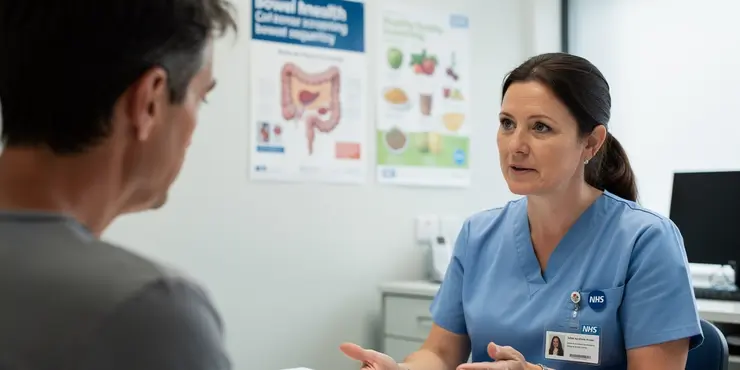
What role does diet play in the risk of developing bowel cancer?
Relevance: 24%
Can Playing Sports Increase the Risk of a Concussion?
Understanding Concussions
Concussions are a type of traumatic brain injury caused by a bump, blow, or jolt to the head that can alter brain function. These injuries are common in sports, where physical contact and dynamic movements can increase the likelihood of head impacts. Recognising the signs and symptoms, which include confusion, headaches, dizziness, and memory loss, is crucial for effective management and prevention of more serious complications.Sports and Concussion Risk
Certain sports are associated with a higher risk of concussion due to their physical nature. Contact sports such as rugby, football, and hockey often involve high-speed collisions that can lead to head injuries. Moreover, sports like boxing and martial arts, where the head is a direct target, inherently carry increased risks. However, even non-contact sports can lead to concussions through accidental falls or collisions, highlighting the pervasive risk across various activities.Preventative Measures
To mitigate the risk of concussions in sports, both individual and organisational strategies should be employed. Educating athletes, coaches, and parents about the signs of concussion and the importance of reporting them can foster a culture of safety. Implementing proper training techniques, using protective gear such as helmets, and adhering to safety regulations can further reduce the risk. Additionally, establishing clear protocols for concussion assessment and management ensures prompt and effective treatment should an injury occur.Conclusion
While playing sports can indeed increase the risk of concussions, understanding the nature of these injuries and taking proactive measures can significantly mitigate the risks. In the UK, sports organisations and educational institutions are increasingly focusing on concussion awareness and prevention to ensure the safety and well-being of all athletes. By promoting a culture of safety and awareness, we can balance the numerous benefits of sports participation with effective risk management strategies.Can Playing Sports Increase the Risk of a Concussion?
Understanding Concussions
A concussion is a type of brain injury. It happens when you hit your head hard. This can change how your brain works. Concussions happen a lot in sports. In sports, you can bump into others or hit your head. If you know the signs of a concussion, you can help stop more serious problems. Some signs are confusion, headaches, feeling dizzy, and forgetting things.Sports and Concussion Risk
Some sports have more chances of concussions. Sports with lots of contact, like rugby, football, and hockey, are more risky. You can hit your head when playing them. In boxing and martial arts, the head can be hit directly. But remember, you can get a concussion in any sport. Even if it's not a contact sport, you might fall or bump into someone by accident.Preventative Measures
We can do things to make sports safer. People like players, coaches, and parents need to know about concussions. It's important to talk about it and get help if someone is hurt. Players should use safety gear like helmets. Good training can help prevent injuries too. If someone does get hurt, there should be a plan to help them right away.Conclusion
Playing sports can cause concussions, but we can make it safer. In the UK, people are learning more about concussions. Schools and sports groups are helping everyone stay safe. By being careful and knowing what to do, we can enjoy sports and still be safe.Frequently Asked Questions
What is a concussion?
A concussion is a type of brain injury caused by a blow or jolt to the head, which can affect brain function temporarily.
Can playing sports increase the risk of a concussion?
Yes, participating in sports, especially contact sports like football or rugby, can increase the risk of experiencing a concussion due to the potential for head impacts.
What are the symptoms of a concussion?
Symptoms can include headache, confusion, dizziness, nausea, imbalance, blurry vision, and sensitivity to light or noise.
Which sports have the highest risk of concussion?
Sports with high risks include rugby, football (soccer), hockey, and boxing, where head impacts are more common.
How can concussions be prevented in sports?
Prevention includes using proper protective gear, enforcing rules to reduce head impacts, and educating players and coaches about safe play techniques.
Should children be allowed to play contact sports?
While contact sports can be beneficial for exercise and teamwork, it's important that children play with appropriate safety measures and coaches pay close attention to prevent injuries.
How is a concussion diagnosed?
A concussion is diagnosed through a medical examination that assesses symptoms, cognitive function, and possibly neuroimaging tests.
What should you do if someone is suspected of having a concussion during sports?
Remove the individual from play, assess symptoms, and seek medical evaluation as soon as possible to ensure proper care.
How long does recovery from a concussion usually take?
Recovery can vary widely but typically takes a few days to several weeks. In some cases, symptoms can persist for longer.
What is 'second impact syndrome'?
Second impact syndrome occurs when a new concussion is sustained before symptoms from a prior one have completely cleared, potentially leading to severe brain injury.
Can wearing a helmet prevent concussions?
Helmets help to reduce the risk of severe head injuries, but they cannot completely prevent concussions as they cannot stop the brain from moving within the skull.
Are there long-term effects of repeated concussions?
Repeated concussions can lead to chronic issues like memory problems, cognitive impairments, or conditions such as chronic traumatic encephalopathy (CTE).
How important is rest after a concussion?
Rest is crucial for recovery, helping the brain heal. Avoiding physical and mental stressors can speed up recovery.
What role do sports organisations play in concussion management?
Sports organisations develop guidelines, enforce rules, and provide education on concussion management to protect athletes.
Can non-contact sports also pose a risk of concussion?
Yes, non-contact sports can still pose a risk due to accidental falls or collisions, though the risk is generally lower than in contact sports.
What is a concussion?
A concussion is a kind of hurt to the brain. It happens when you hit your head hard. Your brain can get a bit confused.
Here’s how to help:
- Rest a lot. Sleep is very good.
- Avoid bright lights and loud noises.
- Ask an adult if you need to see a doctor.
Tools to help you:
- Use simple books about health.
- Watch videos made for children about the brain.
A concussion happens when someone gets hit on the head. It is a kind of brain injury. It can make the brain not work right for a short time.
Can playing sports cause a concussion?
A concussion is a hurt to the head. It can happen if you bump or hit your head hard.
Playing sports, like football or soccer, can sometimes lead to hitting your head.
This means there is a chance of getting a concussion when playing sports.
If you play sports, always wear safe gear like helmets.
Ask an adult if you need help or more information.
Yes, playing sports like football or rugby can sometimes hurt your head. This is because these sports can have hard hits that might cause a concussion.
What happens when you have a concussion?
A concussion is when your brain gets a bump. Here are signs you might have one:
- You feel dizzy or see stars.
- Your head hurts.
- You feel sick or throw up.
- You have trouble remembering things.
- You feel confused or sleepy.
- You are clumsy or lose your balance.
If you think you have a concussion, tell an adult. They can help you see a doctor.
Use tools like picture cards or ask someone to explain words you don't understand.
Signs you might feel sick can be:
- a sore head
- feeling mixed up
- feeling dizzy
- a tummy ache
- trouble staying balanced
- hard to see or blurry vision
- not liking bright lights or loud noises
To help, you can:
- sit in a quiet and dark room
- tell an adult how you feel
- drink some water
- rest and close your eyes
What sports can cause the most head injuries?
Some sports can be dangerous. These sports are rugby, football (also called soccer), hockey, and boxing. In these sports, hitting your head can happen a lot.
How can we stop getting head injuries in sports?
Here are some ways to keep your head safe when playing sports:
- Wear a helmet to protect your head.
- Use safety gear for your sport, like mouthguards or pads.
- Learn the right way to play and follow the rules.
- Listen to your coach and ask for help if you’re not sure.
- If you feel dizzy or hurt, tell an adult right away.
Did you know? You can use pictures to understand more about sports safety!
To stop injuries, use the right safety gear, follow rules to keep heads safe, and teach players and coaches how to play safely.
Is it okay for kids to play sports where they might bump into each other?
Playing sports is fun and good for kids. But some sports can be rough. Kids can fall or bump into each other.
Things to think about:
- Will they wear safety gear like helmets and pads?
- Are there rules to keep them safe?
- Are grown-ups there to watch and help?
Tools that can help:
- Talk to coaches about safety.
- Use pictures or videos to learn how to play safely.
- Practice how to fall or bump gently.
Playing sports is good for exercise and learning to work in a team. But it's very important that kids stay safe. They should wear the right gear and coaches should watch carefully to stop any injuries.
How do doctors know if you have a concussion?
A doctor can find out if someone has a concussion by checking how they feel and think. They look for signs of a concussion. The doctor might also use special pictures of the brain, called scans, to help find out.
What to do if you think someone got hurt in the head during sports?
1. Stop the Game: If you think someone hit their head, stop playing.
2. Check for Help: Ask a grown-up or coach for help right away.
3. Rest: Let the person sit down and rest. Do not let them play again.
4. Call a Doctor: Get a doctor to check the hurt person as soon as you can.
5. Use Tools: Use things like ice packs to help with any swelling or pain.
6. Stay Safe: Always wear helmets and follow safety rules to protect from head injuries.
Take the person out of the game. Check how they feel and see if they have any problems. Get a doctor or nurse to look at them quickly so they get the right help.
How long does it take to get better after a concussion?
Getting better after a concussion can take time.
Many people start to feel better in a few days.
Most people are okay after 1 to 2 weeks.
Some people need longer to feel better.
Rest and taking it easy can help.
Here are some things that might help:
- Get plenty of sleep.
- Drink lots of water.
- Avoid bright lights and loud noises.
- Ask an adult to help you if needed.
Getting better can take different amounts of time. Most people feel better in a few days to a few weeks. Sometimes, it might take longer.
What is 'second impact syndrome'?
Second impact syndrome is something that can happen if a person hurts their head again before the first head injury is better. This can be very dangerous.
If someone hits their head and gets another head injury too soon, it can cause big problems in the brain.
It is important to rest and get help from a doctor if you hurt your head. This can keep you safe.
Ask an adult for help if you don’t understand. Reading with a friend or using pictures can also help.
Second impact syndrome happens when you get another concussion before the first one is fully better. This can cause a serious brain injury.
Do helmets stop head injuries?
Helmets are good for protecting your head. They can help stop some injuries if you fall down or hit something.
But helmets cannot stop all head injuries. You can still get hurt even if you wear a helmet.
Helmets are important, but you should also be careful. Always play safe and follow the rules.
If you find reading hard, try using pictures to help understand big ideas. Or ask someone to read with you.
Wearing a helmet can help keep your head safe. It can stop bad head injuries. But it can't stop all injuries. This is because the helmet can't stop your brain from moving inside your head.
Do concussions hurt the brain for a long time?
Getting hit on the head many times can cause problems later. It can make it hard to remember things and think clearly. It can also cause a brain problem called CTE.
Why is rest important after a bump on the head?
Rest is very important for getting better. It helps the brain heal. Staying away from things that are hard on your body and mind can help you get better faster. Using things like soft music or deep breathing can help you relax.
How do sports groups help with handling head injuries?
Sports groups have important jobs.
- They teach players and coaches about head injuries.
- They make rules to keep players safe.
- They help injured players get better before playing again.
Tools that help:
- Videos and pictures about staying safe.
- Talking with a doctor if you get hurt.
Remember: It's good to tell someone if you feel hurt!
Sports groups make rules to keep players safe, especially about concussions. They teach people about how to handle concussions and follow the rules to protect athletes.
Can you get a concussion from sports where people don't touch each other?
Yes, even in sports where people don't touch each other, you can still get hurt. You might fall down or bump into someone by accident. But, these sports are usually safer than sports where you have to tackle or hit other people.
Useful Links
This website offers general information and is not a substitute for professional advice.
Always seek guidance from qualified professionals.
If you have any medical concerns or need urgent help, contact a healthcare professional or emergency services immediately.
Some of this content was generated with AI assistance. We’ve done our best to keep it accurate, helpful, and human-friendly.
- Ergsy carfully checks the information in the videos we provide here.
- Videos shown by Youtube after a video has completed, have NOT been reviewed by ERGSY.
- To view, click the arrow in centre of video.
- Most of the videos you find here will have subtitles and/or closed captions available.
- You may need to turn these on, and choose your preferred language.
- Go to the video you'd like to watch.
- If closed captions (CC) are available, settings will be visible on the bottom right of the video player.
- To turn on Captions, click settings .
- To turn off Captions, click settings again.
More Items From Ergsy search
-

Can playing sports increase the risk of a concussion?
Relevance: 100%
-

What role do schools play in managing concussions?
Relevance: 65%
-

How can concussions be prevented?
Relevance: 62%
-

Can players return to play on the same day after a suspected concussion?
Relevance: 61%
-

Is there any way to prevent concussions?
Relevance: 60%
-

What is Concussion?
Relevance: 59%
-

What age groups are most at risk for concussions in rugby?
Relevance: 57%
-

Are Concussions common in Rugby?
Relevance: 57%
-

How can concussions be prevented?
Relevance: 57%
-

What causes concussions in rugby?
Relevance: 56%
-

Are children more susceptible to concussions than adults?
Relevance: 55%
-

Is there a protocol for managing concussions in rugby?
Relevance: 55%
-

Are helmets required in rugby to prevent concussions?
Relevance: 53%
-

Is training available for coaches to help prevent concussions?
Relevance: 52%
-

Advice on sports injuries
Relevance: 51%
-

How can concussions be prevented in rugby?
Relevance: 51%
-

How do concussions impact long-term health in rugby players?
Relevance: 50%
-

Can concussions occur without a direct blow to the head?
Relevance: 48%
-

Is there a difference in concussion rates between amateur and professional rugby?
Relevance: 48%
-

What support is available for rugby players who suffer concussions?
Relevance: 47%
-

How is a concussion diagnosed?
Relevance: 47%
-

How is a concussion diagnosed?
Relevance: 46%
-

Can concussions lead to mental health issues?
Relevance: 46%
-

When is it safe to return to normal activities after a concussion?
Relevance: 46%
-

Is headache a symptom of a concussion?
Relevance: 45%
-

What immediate steps should be taken if someone has a concussion?
Relevance: 43%
-

Is it safe to sleep after a concussion?
Relevance: 43%
-

What are common symptoms of a concussion?
Relevance: 40%
-

Is it safe to sleep after a concussion?
Relevance: 39%
-

Can a concussion cause memory problems?
Relevance: 38%
-

Is it safe to participate in group sports while pregnant?
Relevance: 38%
-

Can chiropractors help with sports injuries?
Relevance: 37%
-

Should people with a concussion avoid screens and technology?
Relevance: 37%
-

Do I need additional cover for adventure sports or activities?
Relevance: 35%
-

When is it safe to return to normal activities after a concussion?
Relevance: 34%
-

Ask a physio: 3 common sports injuries and what happens next
Relevance: 31%
-

Do genetics play a role in dementia risk post-menopause?
Relevance: 30%
-

Can I work or continue sports activities if I have Carpal Tunnel Syndrome?
Relevance: 30%
-
Who is at risk for developing an eating disorder?
Relevance: 25%
-

What role does diet play in the risk of developing bowel cancer?
Relevance: 24%


